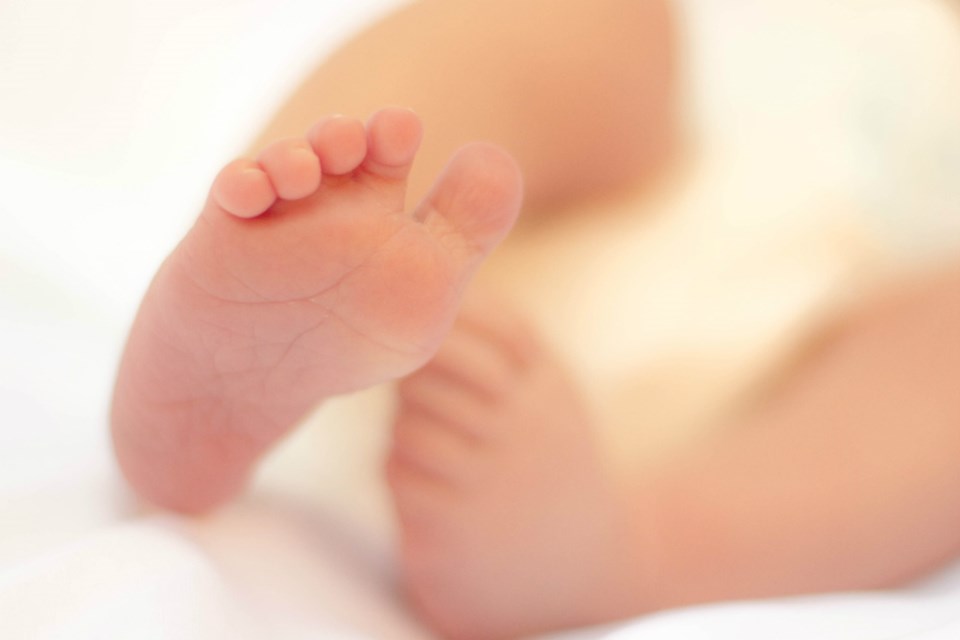The history of Canadian citizenship is not particularly lengthy. For the first 80 years of the country’s existence, people in Canada were considered British subjects. It was not until 1947 that the terms “Canadian citizen” and “Canadian citizenship” actually carried legal weight.
Over the decades, a series of amendments to the original Canadian Citizenship Act have found solutions for issues such as the status of children born abroad and adopted by Canadian parents, as well as what to do about residents who were born before the act came into force.
 Newborn baby/Pexels
Newborn baby/Pexels
One issue that has been discussed prominently, but has never been addressed in the form of legislation, is that Canada (like most countries in the Americas) has birthright citizenship. Anyone born within the borders of the country, regardless of the status of his or her parents, automatically becomes a citizen.
Over the past five years, the issue of “birth tourism” has gained attention, particularly in British Columbia. Existing guidelines allow expectant mothers who are foreign nationals to gain automatic citizenship for their children if they are born in Canadian territory.
There have been reports of unregulated for-profit businesses that have facilitated birth tourism in Canada. The city of Richmond has been referred to as ground zero when it comes to this practice, with an average of 382 non-resident births per year since 2016.
This month, Research Co.asked British Columbians about birth tourism. In the survey, 49% of residents say they have followed this issue “very closely” or “moderately closely,” a proportion that understandably increases to 55% among those who live in Metro Vancouver.
British Columbians are not reacting particularly kindly to what they know about birth tourism. More than four in five (82%) say the practice can be unfairly used to gain access to Canada’s education, health care and social programs, two-thirds (66%) believe it can degrade the value of Canadian citizenship and 63% worry that it can displace locals from hospitals.
Last March, a petition related to birth tourism initiated by Richmond resident Kerry Starchukcaught the attention of Steveston-Richmond East MP Joe Peschisolido.
An e-petition was eventually introduced in the House of Commons. The signatories are looking to compel the federal government to state that it does not support birth tourism, commit resources to determine its full extent and implement measures to reduce and eliminate it.
The key elements of the e-petition are decidedly popular, with 85% of British Columbians agreeing with the notion of the federal government establishing a committee to investigate the full extent of birth tourism in Canada.
In addition, and by a four-to-one ratio, British Columbians think a makeover is warranted. Only 18% of residents would keep Canada’s current guidelines for birthright citizenship, while almost three in four (73%) believe it is time for the country to consider establishing new regulations.
When the findings are analyzed according to ethnicity, there is little fluctuation. We continue to see more than seven in 10 British Columbians of European descent (75%) and East Asian descent (71%) concurring about modifying Canada’s birthright citizenship rules.
British Columbians are not saying Canada’s birthright citizenship should be abandoned. They want federal politicians to do what they are elected to do: identify the scope of a problem and fix it, so that equity and fairness is present for all.
When people knowingly take advantage of guidelines that have become antiquated and useless, the only reasonable course of action is to evolve.


